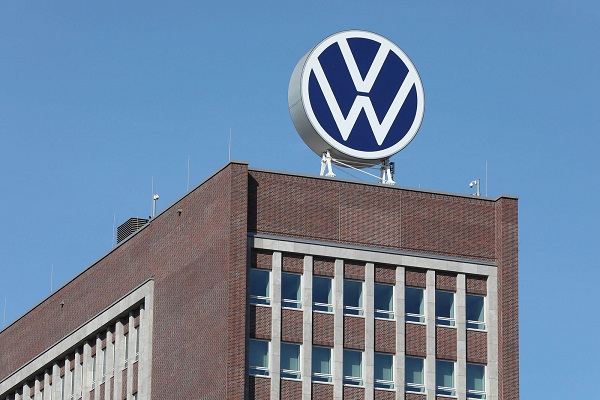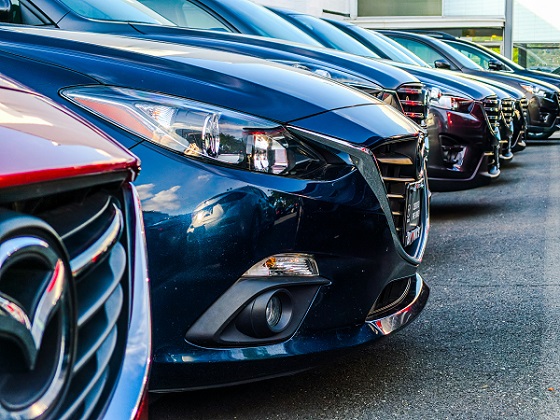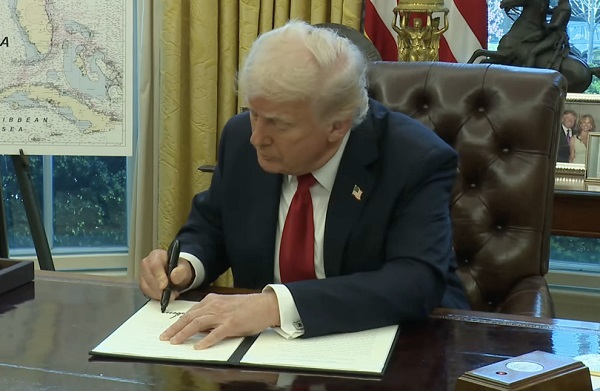From The Center Square
President Donald Trump announced a permanent 25% tariff on automobiles made in other countries that will go into effect on April 2.
Trump made the announcement Wednesday in the Oval Office. He also hinted that the reciprocal tariffs he plans to announce on April 2 could be more lenient, suggesting the tariffs would be less than fully reciprocal.
“What we’re going to be doing is a 25% tariff on all cars not made in the U.S.,” the president said.
Asked if any changes could avert the auto tariffs, Trump said they would be “permanent.”
“This will continue to spur growth like you haven’t seen before,” Trump said.
Trump said the tariffs will be good news for auto companies that already build products in the U.S. He also said carmakers that don’t build in the U.S. are looking to do so.
“We’re signing an executive order today that’s going to lead to tremendous growth in the automobile industry,” Trump said.
The White House said it expects the auto tariffs on cars and light-duty trucks will generate up to $100 billion in federal revenue. Trump said eventually he hopes to bring in $600 billion to $1 trillion in tariff revenue in the next year or two.
Trump also said the tariffs would lead to a manufacturing boom in the U.S., with auto companies building new plants, expanding existing plants and adding jobs.
Trump also urged House Speaker Mike Johnson to approve a measure that would allow car buyers to deduct the interest on loans for cars that are made in America. Trump said that such a plan would make cars nearly free for buyers.
“So when you get a loan to buy a car … I think it’s going to pay for itself, I don’t think there’s any cost,” he said.
Trump also said the reciprocal tariffs he plans to unveil on April 2 would be fair.
“We’re going to be very nice actually,” he said. “It’ll be, in many cases, less than the tariff they’ve been charging us for decades.”
European Commission President Ursula von der Leyen said tariffs would hurt businesses and consumers.
“I deeply regret the U.S. decision to impose tariffs on European automotive exports,” she said. “Tariffs are taxes – bad for businesses, worse for consumers, in the U.S. and the EU.”
Business groups, including the U.S. Chamber of Commerce and American Farm Bureau Federation, have urged Trump to back off tariff threats.
Trump has promised that his tariffs would shift the tax burden away from Americans and onto foreign countries, but tariffs are generally paid by the people who import the products. Those importers then have a choice: absorb the loss or pass it on to consumers through higher prices. He also promised tariffs would make America “rich as hell.” Trump has also used tariffs as a negotiating tactic to tighten border security.
Tariffs are taxes charged on imported products. The company importing the products pays the tariffs and can either try to absorb the loss or pass the additional costs on to consumers.














